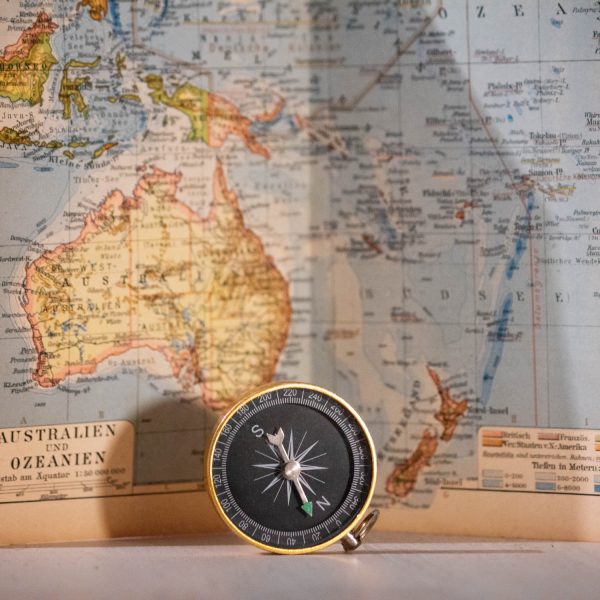Want children to have good spatial navigation skills? Send them to the country

Children who grow up in rural and suburban areas have better spatial navigation skills than those who grow up in cities, new research from the University of Lyon and the University of East Anglia has shown.
The research, published in Nature, demonstrates that early childhood environments influence not only navigation ability, but navigation styles as well.
Nearly 400,000 participants from 38 countries were involved in the study that required them to play the Sea Hero Quest mobile game, a citizen science venture designed for neuroscience research created by Deutsche Telekom in partnership with Alzheimer’s Research UK, UCL, UEA and game developers Glitchers.
People played the game, which features a wayfinding task requiring them to navigate a boat through a virtual environment to checkpoints shown on a map.
To test if people from cities could more effectively navigate environments comparable to where they grew up, the researchers developed a city-themed version of Sea Hero Quest, called City Hero Quest, requiring participants to drive around city streets in a virtual environment that varied from simple grids to more winding street layouts.
People who grew up in cities with grid layouts were slightly better at navigating similar environments, although the difference was not as great as their inferior performance in Sea Hero Quest.
Growing up outside of major cities, lead researcher Professor Hugo Spiers said, appears to be good for the development of navigational abilities, which in turn seems to be influenced by the lack of complexity of many street networks in cities.
“In our recent research, we have found that people’s spatial navigation skills decline with age, starting in early adulthood,” Professor Spiers said.
“Here, we found that people who grew up in areas with gridded streets can have comparable navigation skills to people five years their senior from rural areas, and in some areas the difference was even greater.”
The Sea Hero Quest project was designed to aid Alzheimer’s research, by shedding light on differences in spatial navigational abilities. Over four million people have played the game, contributing to numerous studies across the project as a whole.
“Thanks to the amazing response to Sea Hero Quest, the team have now been able to collect data from over four million players equating to nearly 2,000 hours’ worth of lab-based research. If we’re to understand dementia it’s vital that we have participation from as many people as possible with diverse backgrounds and experiences and this study demonstrates why that’s important,” said Dr Susan Kohlhaas, Director of Research from Alzheimer’s Research UK.
To learn more about the research, please see here.
Popular

Policy
Practice
Quality
Provider
Research
Safety starts with supervision: responding to real risks in ECEC
2025-07-07 10:30:58
by Fiona Alston

Policy
Practice
Provider
Quality
Research
Workforce
Beyond the headlines: celebrating educators and the power of positive relationships in early learning
2025-07-07 10:00:24
by Fiona Alston

Workforce
Policy
Quality
Practice
Provider
Research
ECEC must change now, our children can’t wait for another inquiry
2025-07-02 07:47:14
by Fiona Alston













